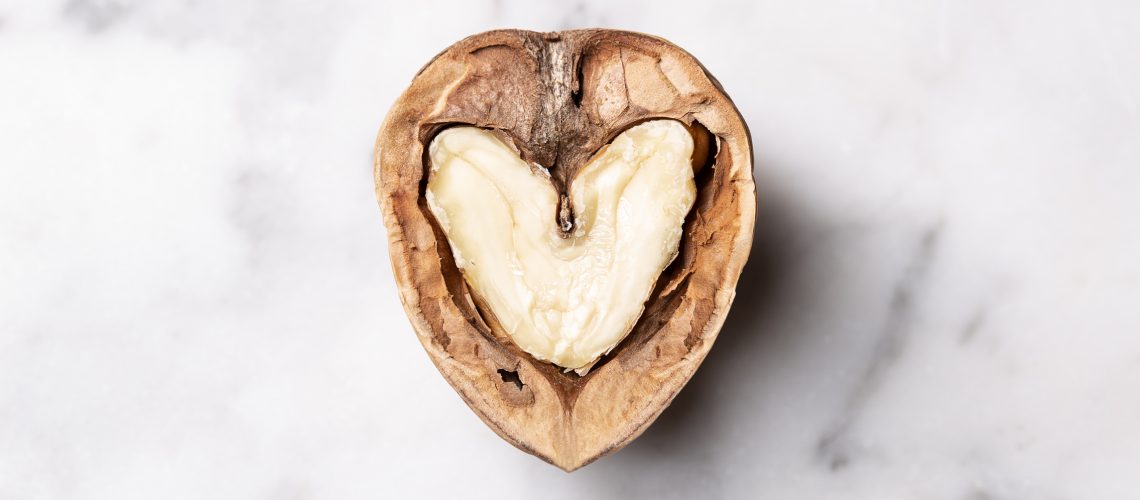Digest This
Click on the topics below to learn how probiotics can improve your digestive health, naturally.

Can Probiotic Foods Like Walnuts Boost Your Gut Health?
- @drHoberman
- Diet
I get asked by A LOT of people about the best kinds of “probiotic foods” that can boost their gut health.
Many people are surprised to learn that simple adjustments to one’s daily diet — like adding almonds — may be better and easier than fermented foods that come with as many negatives as positives.
If you’re looking to boost your gut health and improve your heart health too, you may want to consider adding walnuts to your diet, according to researchers at Penn State University.
Testing the gut/heart health advantages
Previous studies have found the addition of walnuts to a diet that is low in saturated fats can benefit your heart health by lowering blood pressure and cholesterol levels.
Scientists at Penn State University and Juniata College examined the role gut health plays in those health benefits by tracking gut bacteria changes in relation to dietary changes and heart disease risk factors experienced by 42 overweight or obese patients over several months.
First, each patient was assigned to eat a standard Western diet, followed by a random series of three diets for six weeks at a time.
One of the three diets included walnuts, while the other two substituted walnuts with similar amounts of fatty acids contained in vegetable oils.
Then, scientists collected fecal samples from each of the patients three days prior to finishing each diet. What they found was surprising!
Eating real walnuts makes the difference
Compared to the other diets, the one that included walnuts produced real, measurable benefits.
With the walnut diet, researchers saw improvements in various gut bacteria and heart health, resulting in significant reductions in blood pressure, total cholesterol and non-HDL cholesterol. The two diets that substituted walnuts for vegetable oils did not present these benefits.
“Foods like whole walnuts provide a diverse array of substrates — like fatty acids, fiber and bioactive compounds — for our gut microbiomes to feed on,” says Regina Lamendella, an associate professor of biology at Juniata College. “In turn, this can help generate beneficial metabolites and other products for our bodies.”
After this successful trial, the research team plans to examine how walnuts can make an impact on blood sugar levels.
Before you stock up on walnuts…
There’s little doubt about the link between the heart-healthy benefits of walnuts and the bacteria in your gut. However, before you start eating them every day or any other probiotic foods, I need to remind you about a few things…
While walnuts are very nutrient-dense and low in carbs, their fat content, at 65 percent, is high. A 1-ounce serving (14 half-pieces) of walnuts contains about 18 grams of fat, so be careful about how much you’re eating.
Also, due to their higher fat and fiber content, be very careful to eat small amounts of walnuts, especially if you experience problems with diarrhea associated with inflammatory bowel syndrome (IBS).
Eating walnuts, almonds or most probiotic foods are good in moderation. However, they don’t do a complete job of protecting your gut health like probiotics made from multiple strains of beneficial bacteria, plus a prebiotic that feeds the bugs in your gut like EndoMune Advanced Probiotic.
Resources
There Is An Endomune Probiotic For Every Lifestyle
-
EndoMune Metabolic Rescue
$44.95 -
EndoMune Advanced Probiotic
$42.95 -
EndoMune Companion Pack
$112.93








